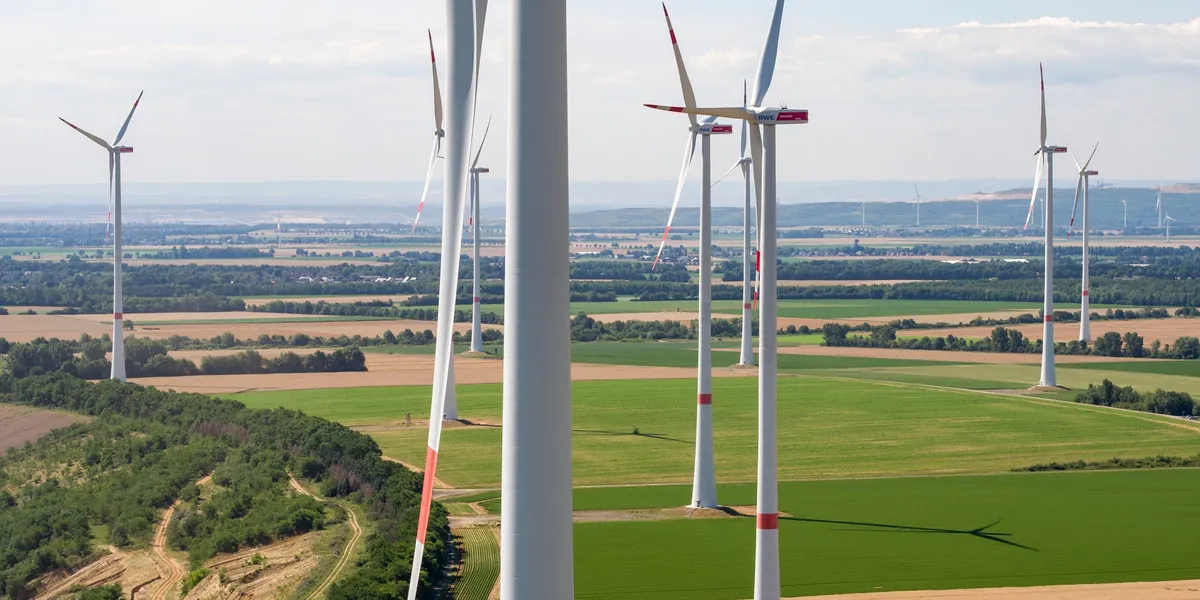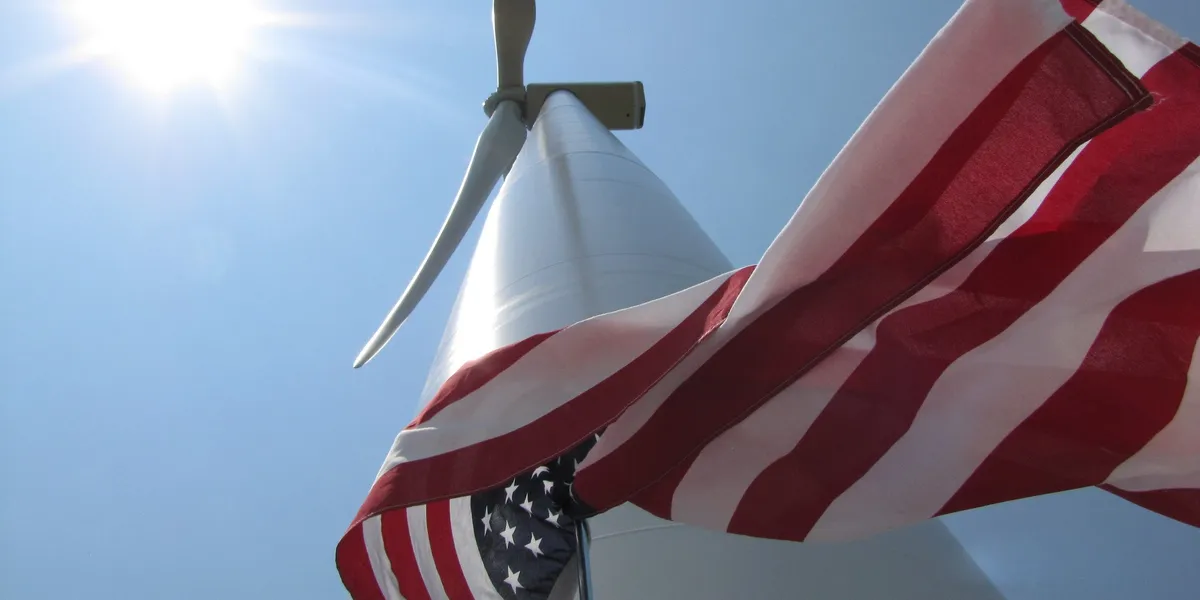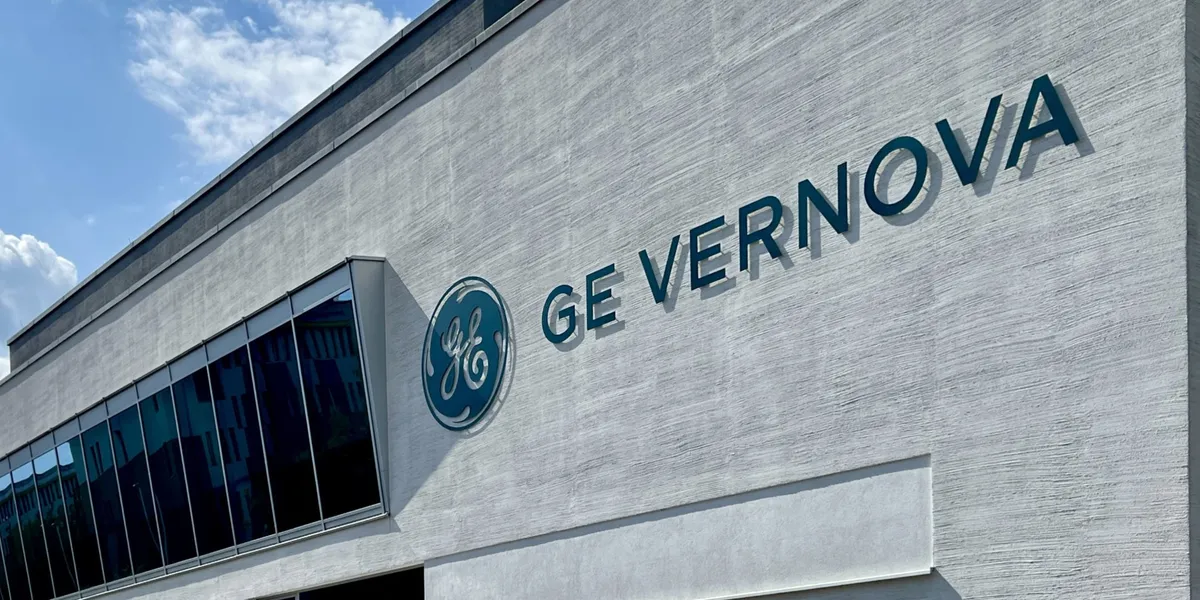by Kyle Davidson, Michigan Advance
Residents of Hayes Township in Otsego County have filed a complaint seeking to block the development of a nearby solar energy plant, arguing the county failed to comply with changes to the state’s clean energy zoning process.
In 2023, Michigan Democrats passed a number of clean energy laws, including requiring energy companies to meet a 100% clean energy standard by 2040, and granting the state’s energy regulator the authority to approve permits for large-scale renewable energy and battery storage projects, which was previously exclusive to local governments.
Under the law, which took effect on Nov. 29, 2024, developers are required to work with municipalities whose permitting process mirrors the new requirements, giving the two parties 120 days to reach an agreement. The parties can also apply for a 120 day extension.
However, if the municipality fails to approve or deny the application within a timely manner, if the local zoning board adopts standards stricter than the health and safety standards outlined in the law, or if the local zoning board denies an application that complies with the standards outlined in the law, the developer can submit a permitting application to the Michigan Public Service Commission, or MPSC, which regulates Michigan’s energy utilities.
According to the complaint, Otsego County failed to adopt a renewable energy ordinance that complies with the requirements of the state law. Additionally, the plaintiffs argue that because the exceptions for submitting an application to MPSC do not apply, RWE Solar Development LLC, the developer for the project, cannot move forward with construction of its “45th Parallel Solar” project until any challenges to the permit are resolved.
Earlier this year, the project faced backlash from 50 Republican House Representatives and Democratic State Rep. Karen Whitsett of Detroit, over an effort to lease more than 420 acres of state-managed land for the project from the Michigan Department of Natural Resources.
However, Patricia Kakridas, senior manager for media and public relations for RWE Clean Energy, told the Michigan Advance in January that the project would be developed on land leased from two private landowners and does not include state land in its footprint.
Kakridas also indicated the decision not to lease state land was not a recent determination, telling the Advance “We did not just make that determination. We started working with two private landowners in 2019 and during the development process, we conducted outreach to all landowners adjacent to the project location, including DNR. Ultimately, we decided to move forward with leasing property from the two private landowners for this particular project.”
David Delaney, who represents the plaintiffs challenging the project, told the Michigan Advance that the plaintiffs include individuals whose property adjoin the site for the solar development, alongside residents living nearby and residents of Otsego County who expect the county to comply with the law. He expects many other residents will join the case.
Alongside challenging the permit for the project, the complaint also raises concerns with the state law, arguing its standards for “dark sky-friendly lighting solutions” and “dark sky-friendly lighting technology” are unconstitutionally broad. It also asks the court to declare the energy zoning law’s ban on localities adopting zoning standards that are stricter than those outlined within the legislation, an “invalid exercise of state legislative authority.”
Additionally the complaint argues the zoning law violates both the U.S. Constitution and the Michigan state constitution, pointing to an Oct. 10 order from the Michigan Public Service Commissions which the plaintiffs say redefines terms and procedures within the state law.
“[The law] confers broad sweeping authority to the MPSC. [It] provides no standards to channel the scope of the MPSC’s broad authority. [It] provides the MPSC with indefinite powers,” the complaint reads, asking the court to declare both the law and the MPSC’s order unconstitutional.
“The Michigan Public Service Commission is in the executive branch under the governor, and so in their order from 2024 they started to rewrite the Act 233 legislation. And that certainly isn’t their bailiwick, that’s what the House and Senate do. They write the law,” Delaney said.
“So [the MPSC] made an adjustment there to say, ‘You know what, if you didn’t adopt a CREO — that’s the compatible renewable energy ordinance — it’s okay. You can have your own zoning ordinance, or you can draft a new one, or use the one that you already have in place.’ The problem with that is, is that the state law doesn’t provide for that,” Delaney said.
While nearly 80 municipalities have already filed a suit with the Michigan Court of Appeals challenging the MPSC’s order, Delaney said his client’s concern is that it does not address the state law.
“If the Court of Appeals sided with the counties and the townships, the MPSC would just draft another order and another order and another order. So you’re kind of going around the tree, if you will, when you’re not getting to the heart of the issue,” Delaney said.
In an email, Kakridas told the Advance that RWE does not comment on ongoing litigation.
“We look forward to delivering electricity and substantial economic benefits and tax revenue to Otsego County from our investment in the 45th Parallel project.” Kakridas said.
Otsego County Administrator Matt Barresi did not respond to multiple requests for comment.
Michigan Advance is part of States Newsroom, a nonprofit news network supported by grants and a coalition of donors as a 501c(3) public charity. Michigan Advance maintains editorial independence. Contact Editor for questions: [email protected].









